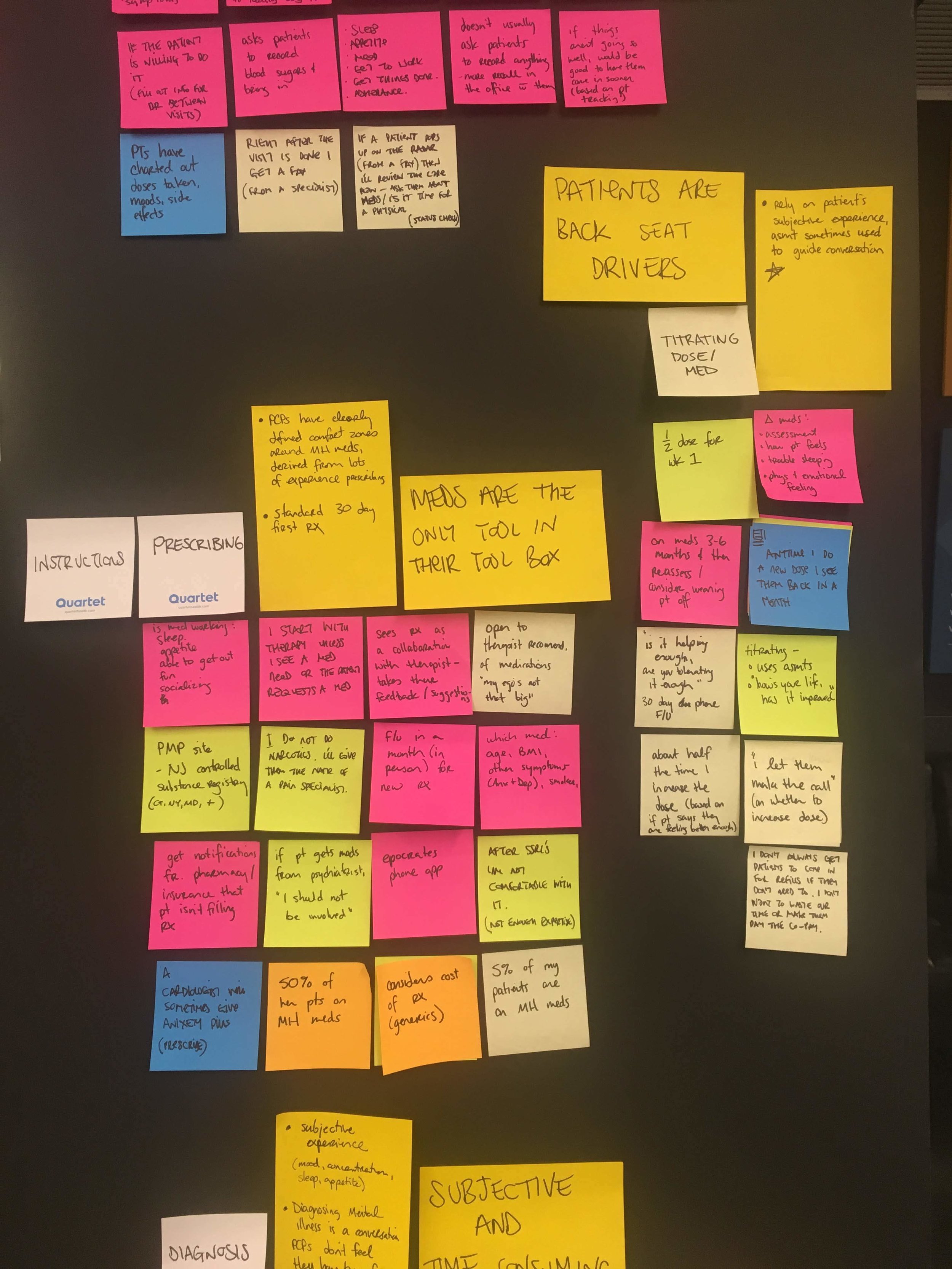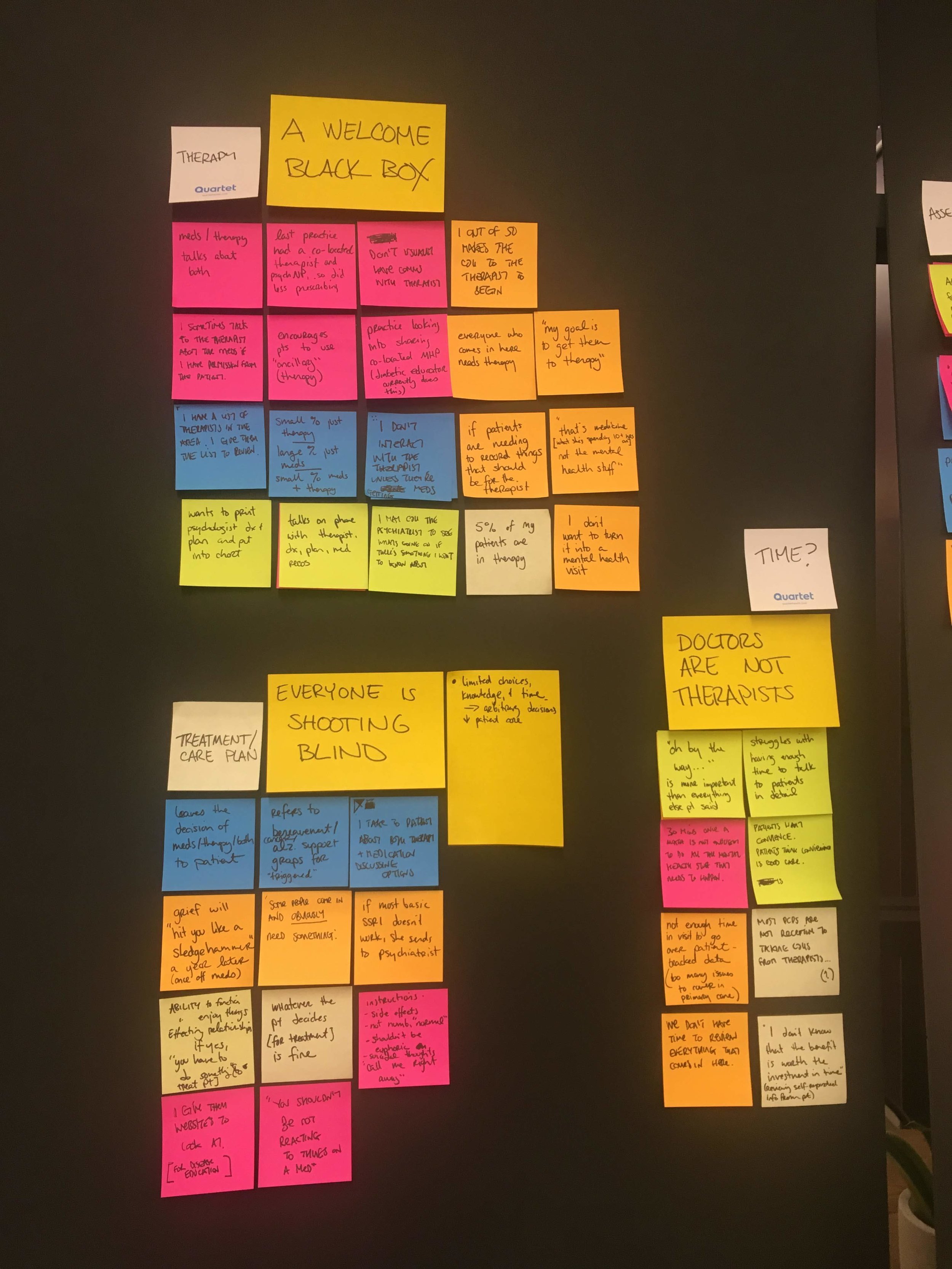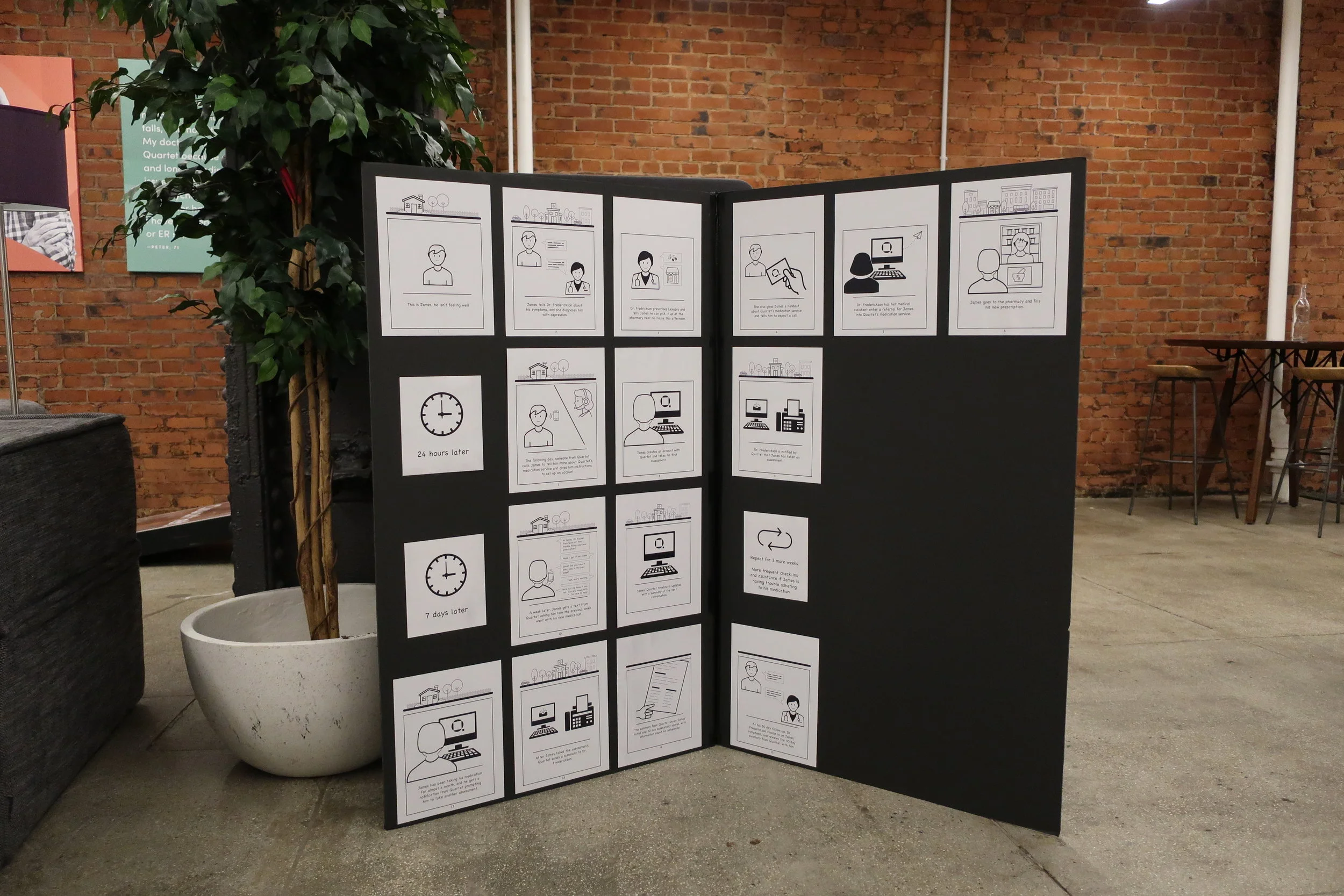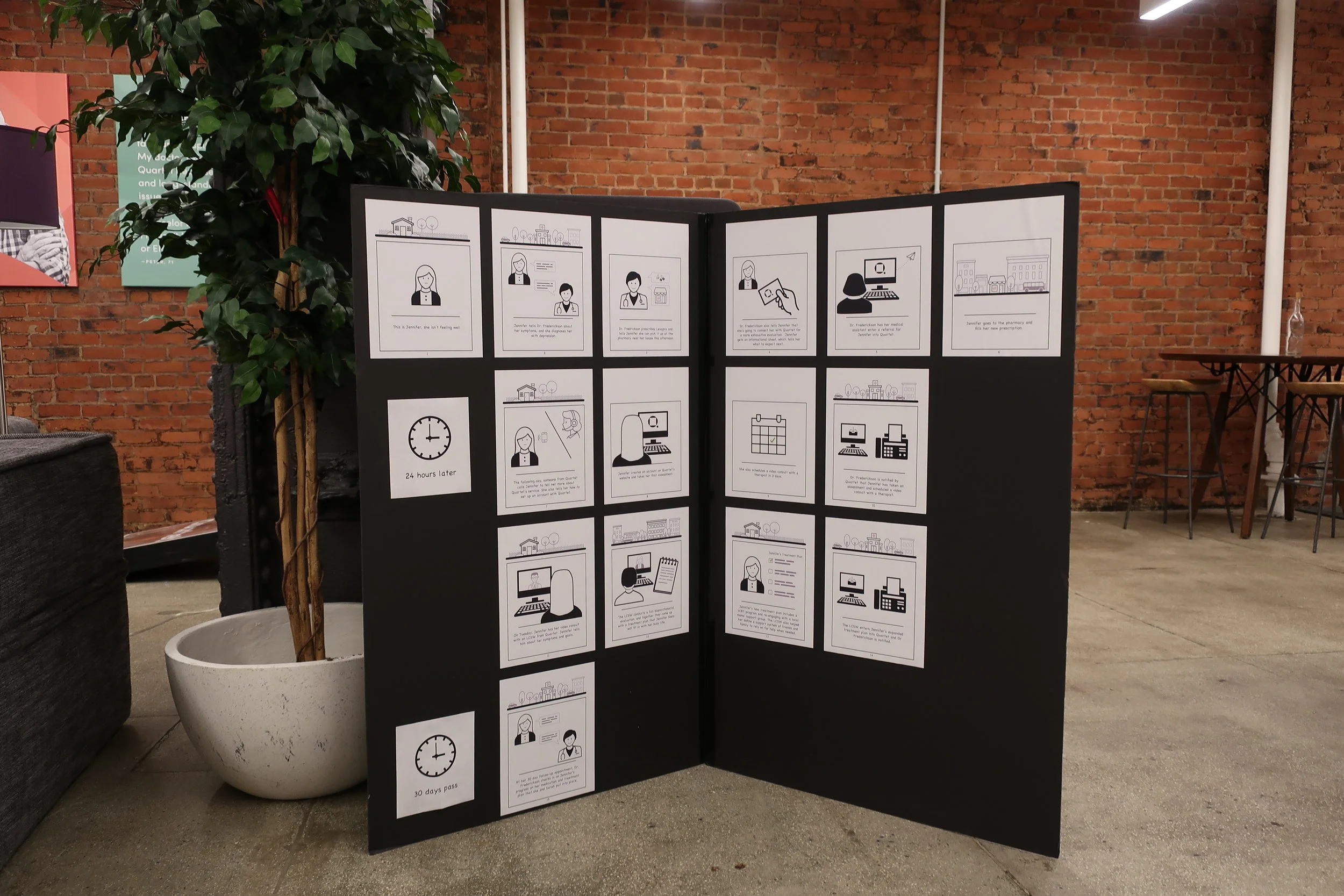Medication Support and Monitoring
Goal
Discovery research
Workshop design & facilitation
Concept development
Storyboarding
Concept testing
Service design
UI design direction
Find new opportunities for value creation in order to increase utilization of the Quartet platform by primary care physicians.
Approach
Taking a larger look at landscape of mental health treatment and individual patient's barriers to care, I led a team that created two pilot services that 1.) helped patients who manage their mental health via PCP-prescribed psychiatric medications and 2.) support the mental health of patients with internal or external barriers preventing them from pursuing traditional talk therapy while also reducing the internal barriers of stigma and reluctance.
I led the discovery and design of this project, with the support of a designer and a product manager, as well as a cross-functional pilot team.
Field Research and Literature Review

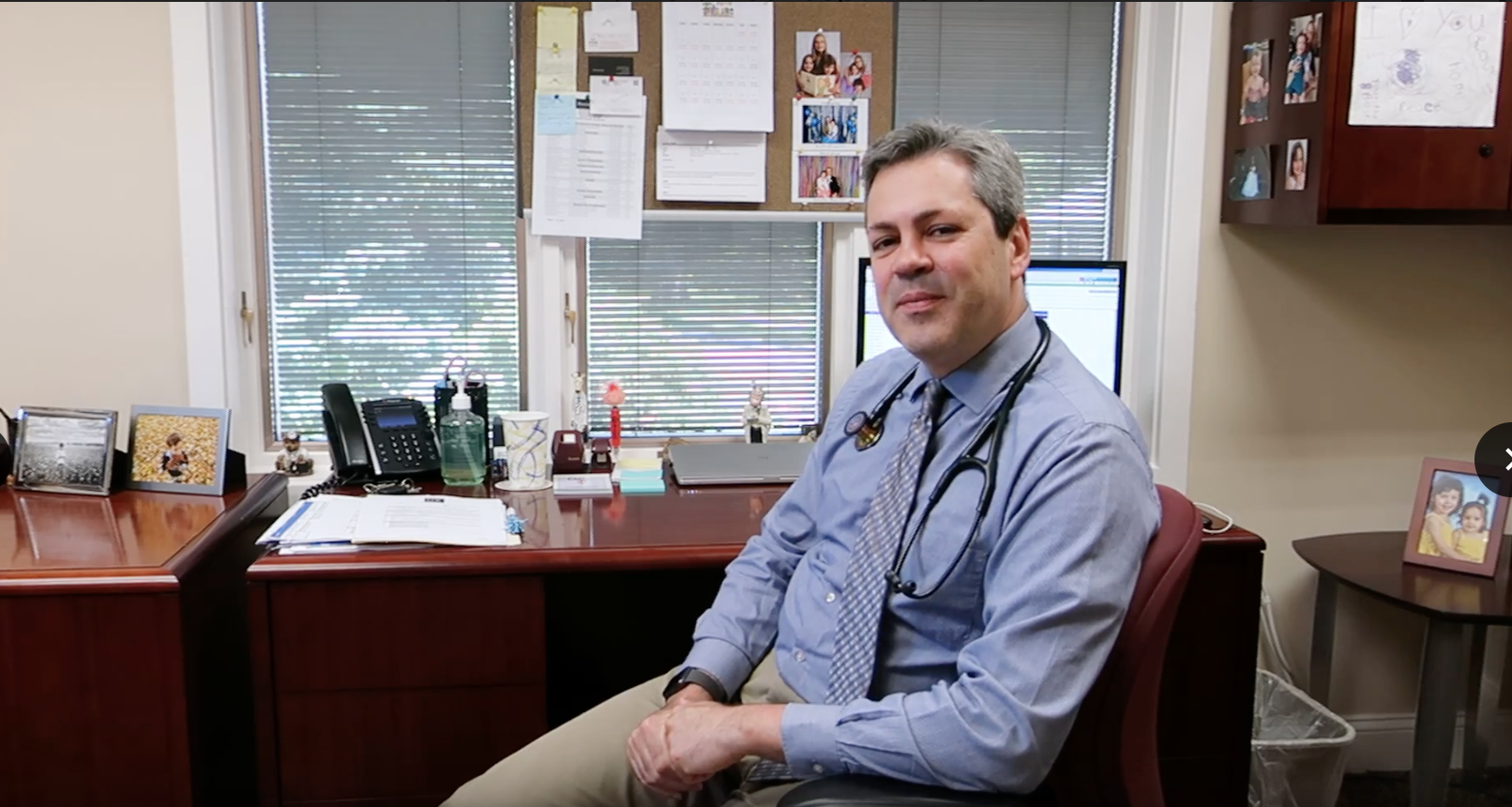
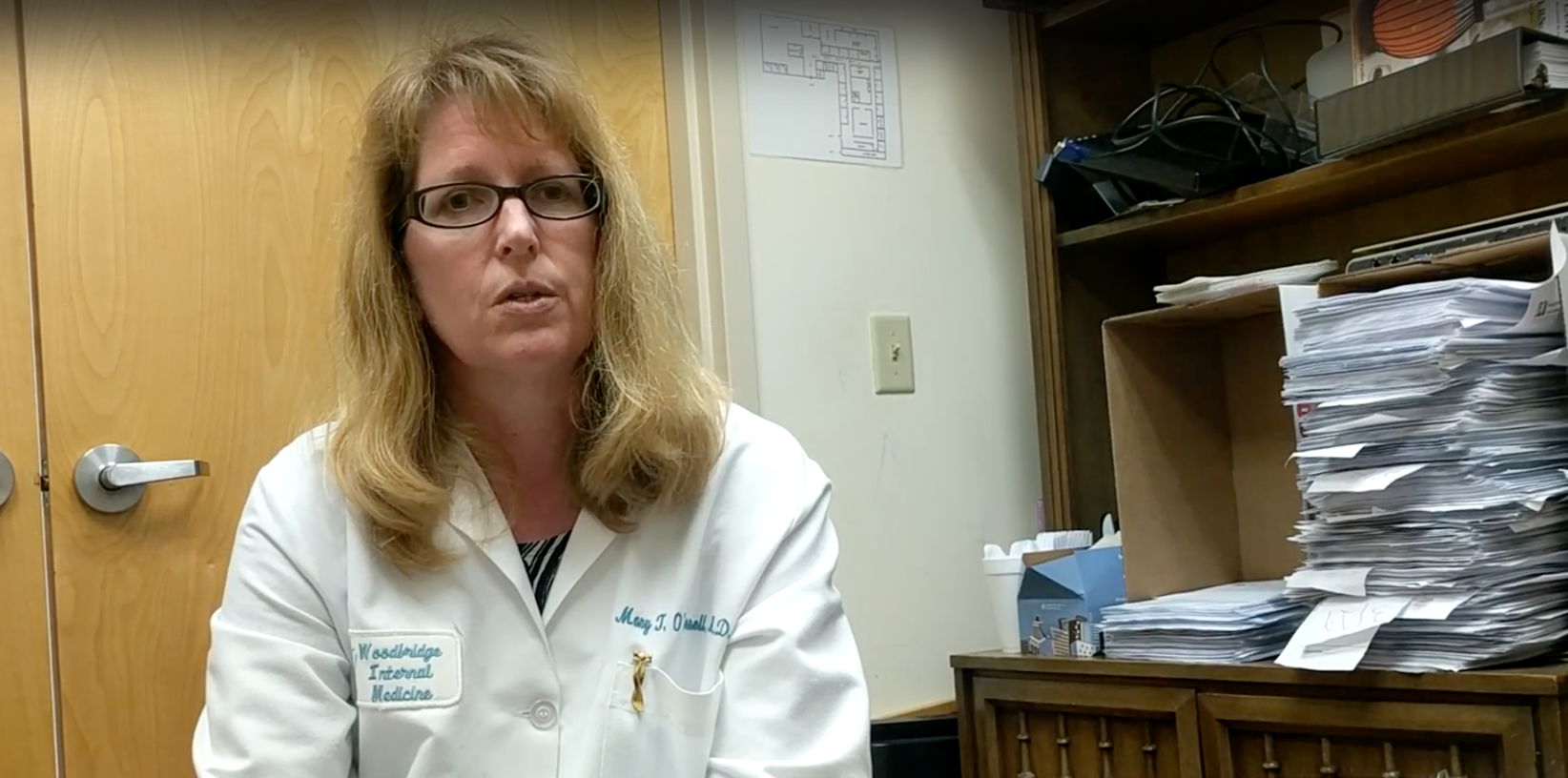
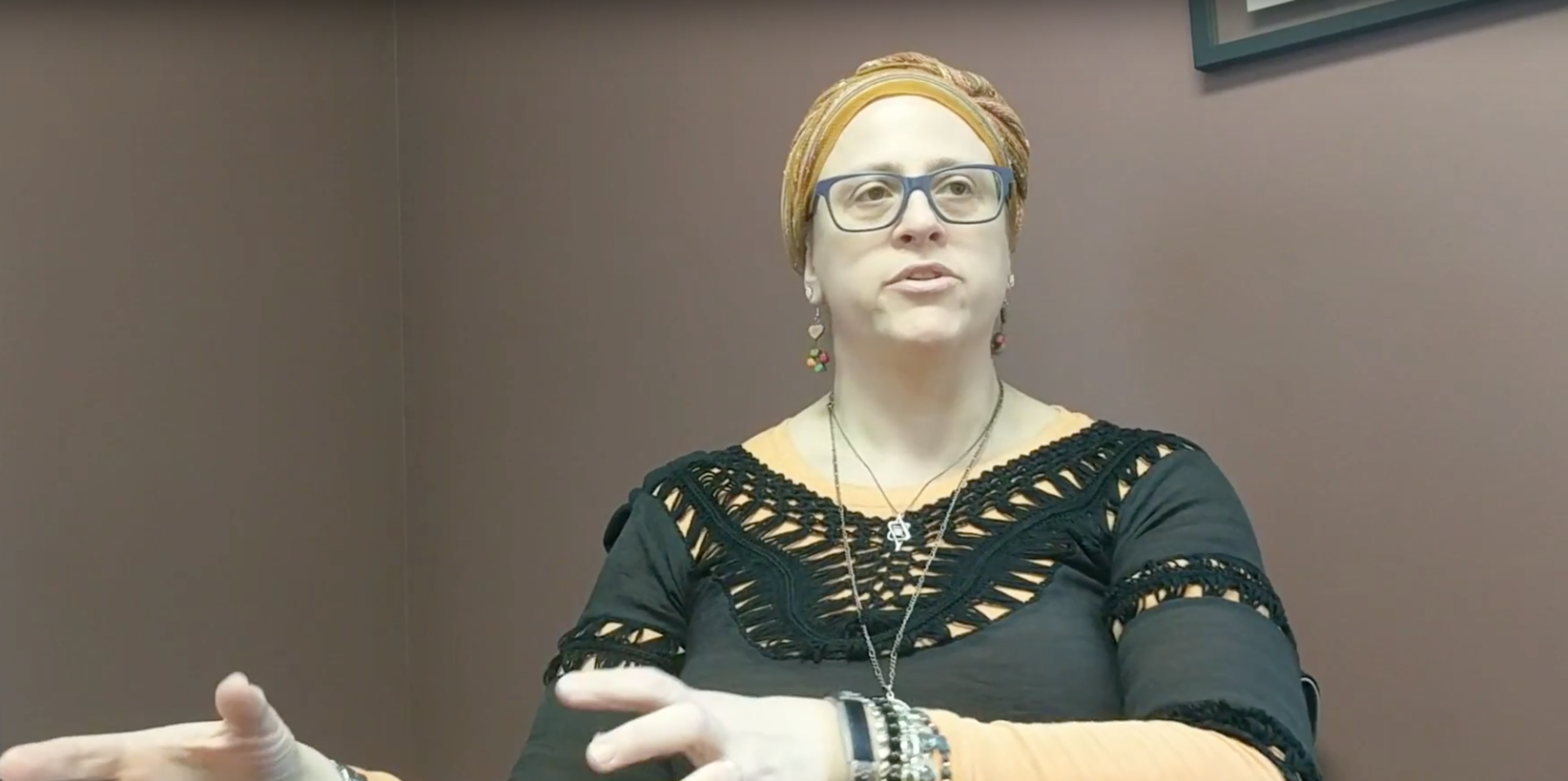
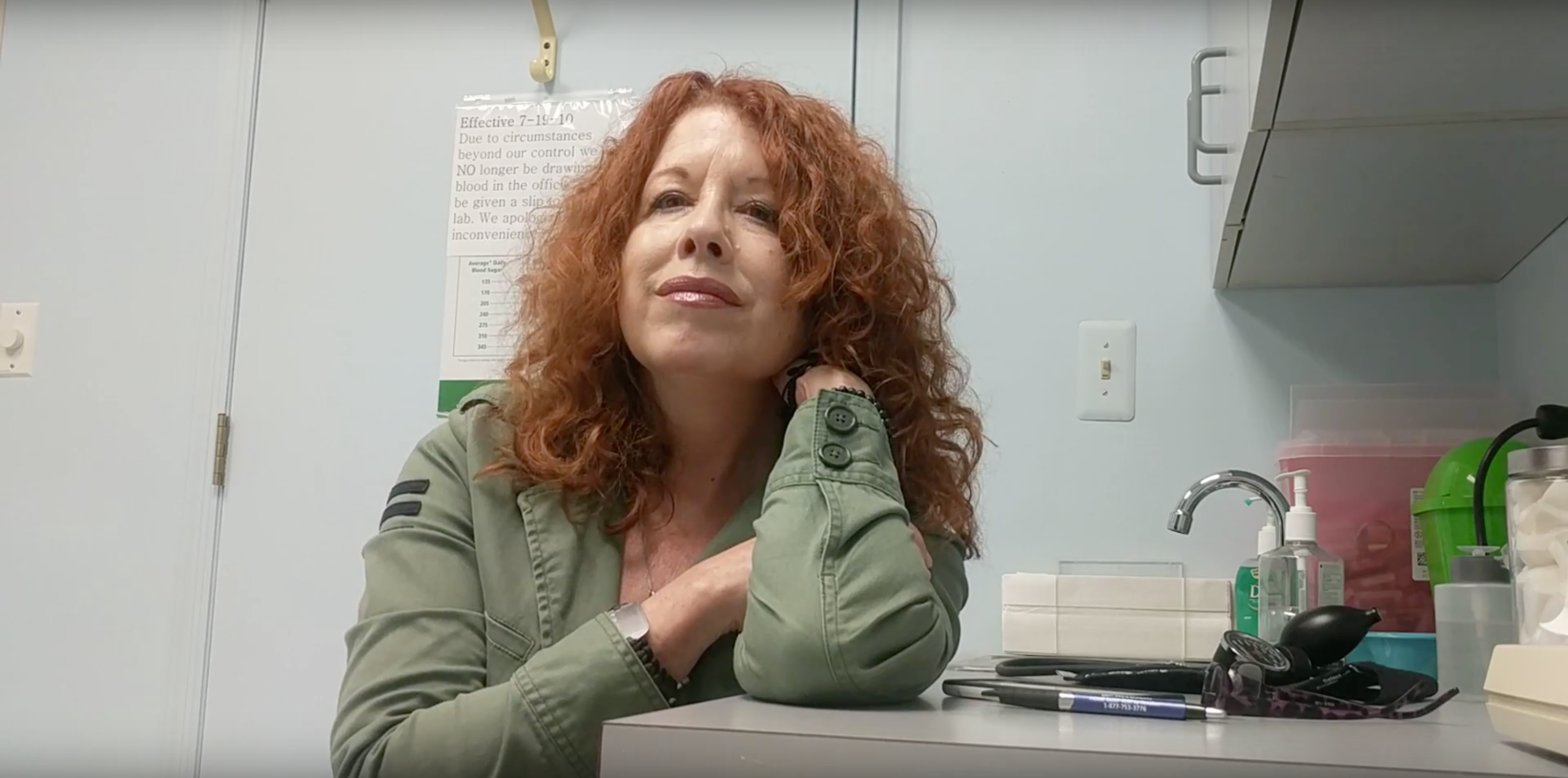
I began with a series of semi-structured interviews with PCPs who were current users of Quartet's therapy referral platform.
As PCPs tend to have to balance a multitude of issues in very limited time, we tried to get an understanding of how they consider both mental and physical health. We asked 7 PCPs how they approach mental health with their patients, how they think about diagnosing and treating their patients with mental health issues, and what patterns they see related to those activities.
A literature review revealed that while the percentage of patients in talk therapy has decreased over the past 20 years, the rate of PCP-prescribed psychiatric medications has markedly increased. Focusing on the process of prescribing psychiatric medications, we also questioned the PCPs on how they get feedback from their patients about taking those medications, and how they judge if a medication is helping their patient or not.
Synthesis
We reviewed over 10 hours of video interviews, taking notes and affinity diagramming to extract numerous themes and patterns that synthesized what we heard in all of our conversations.
After multiple rounds of analysis and synthesis, I finalized 4 insights. I documented them on posters that combined direct quotes, data from literature review, and general findings.
I also paired the themes with HMW statements that could serve as prompts for ideation in later stages.
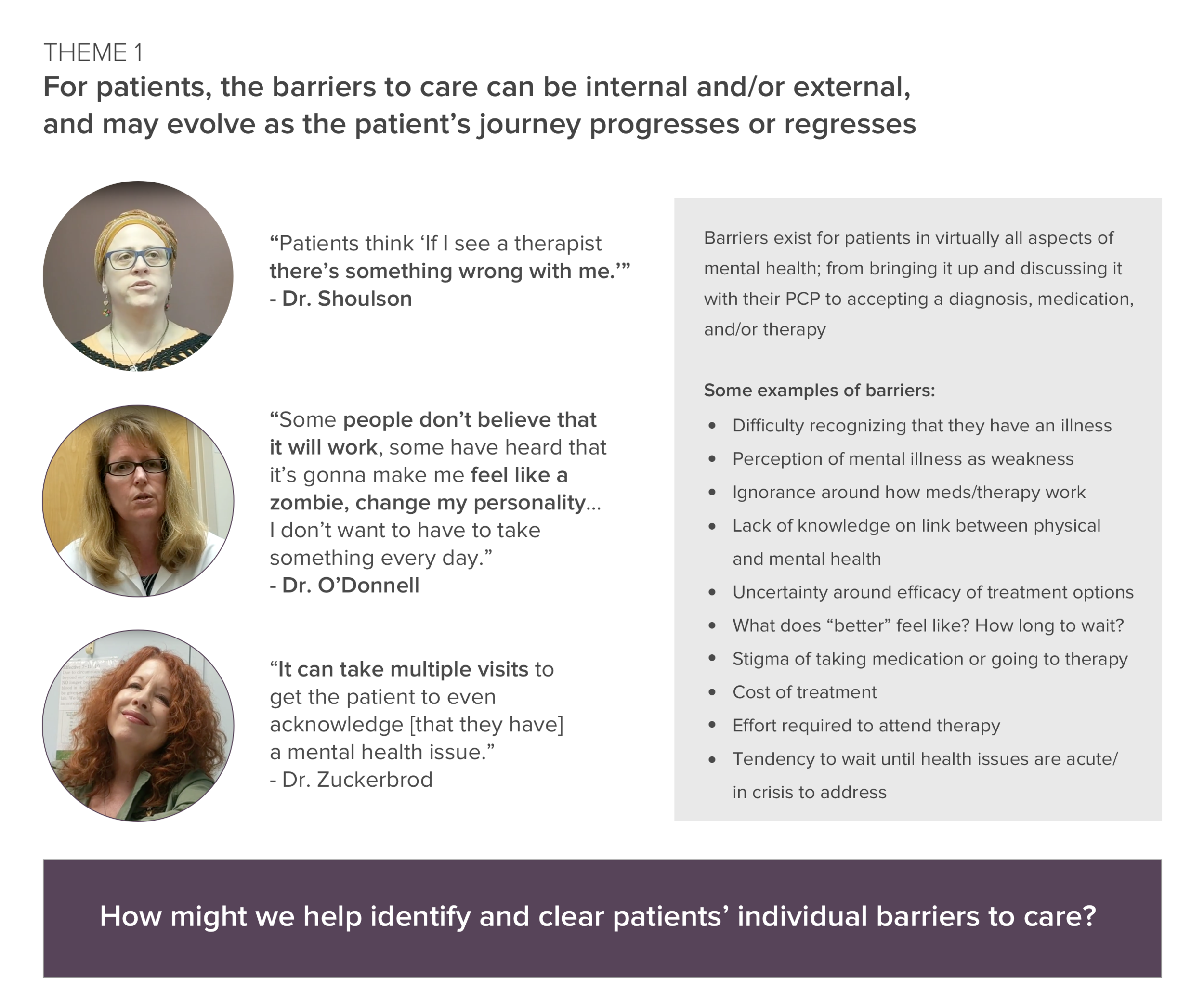
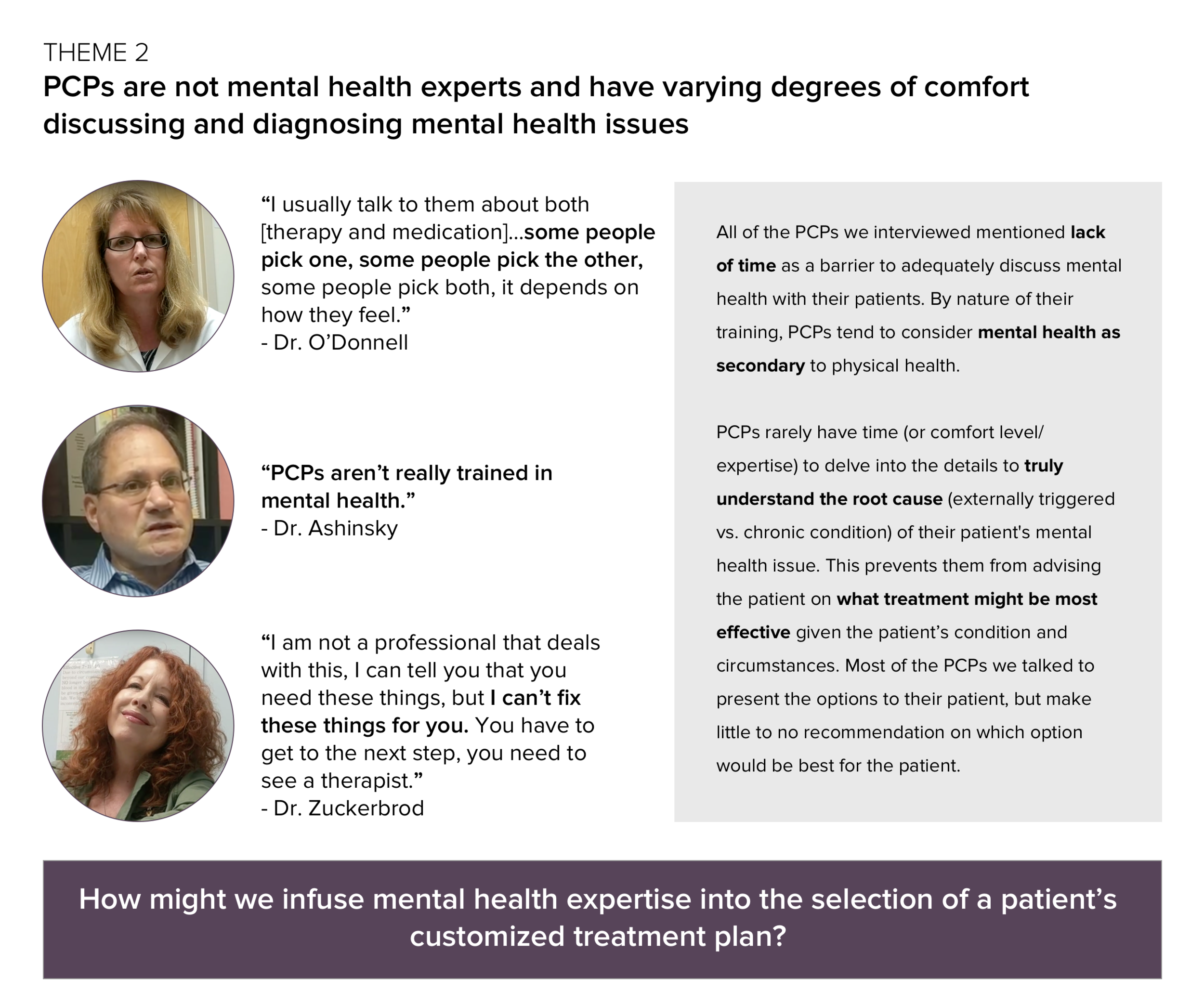
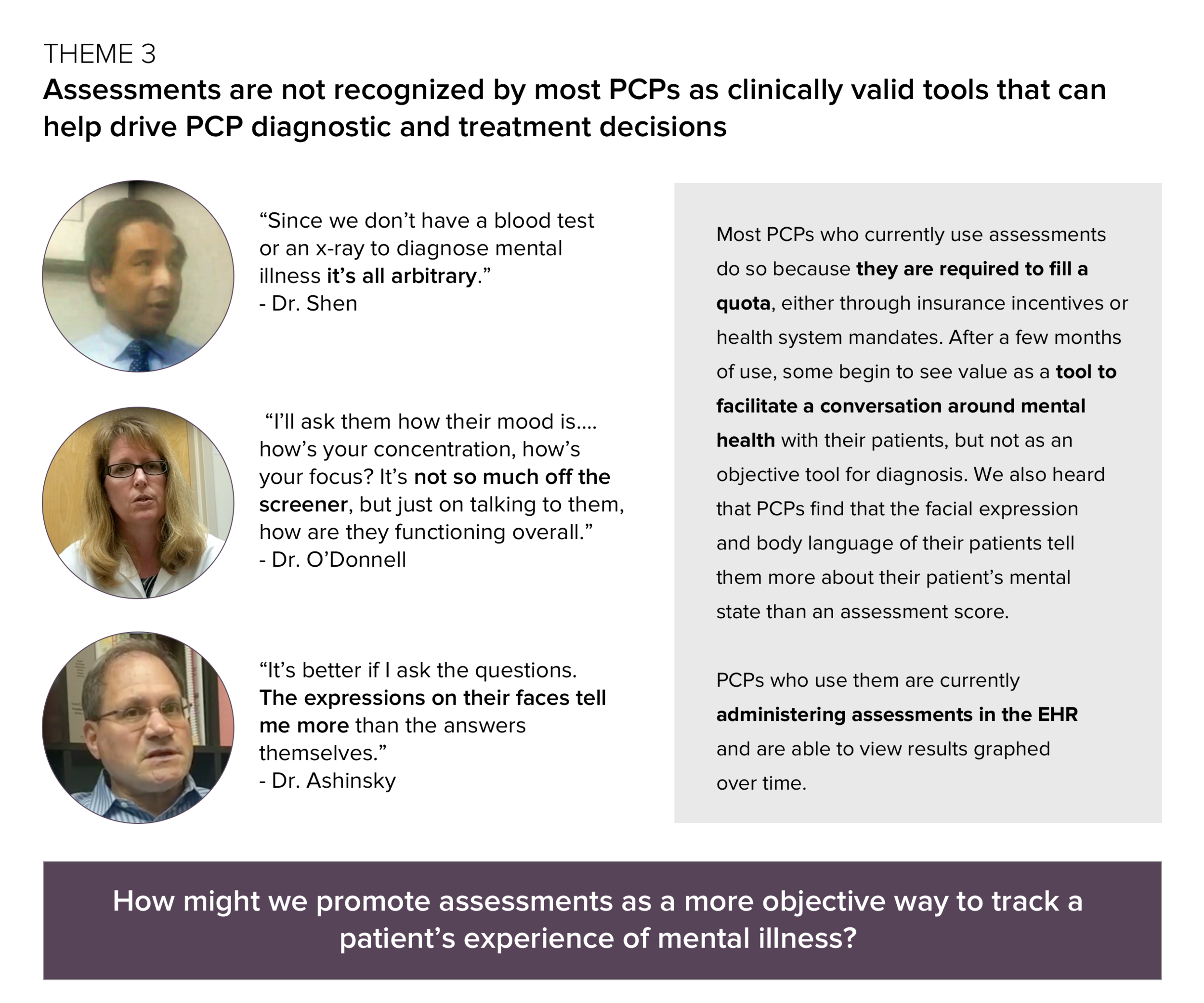
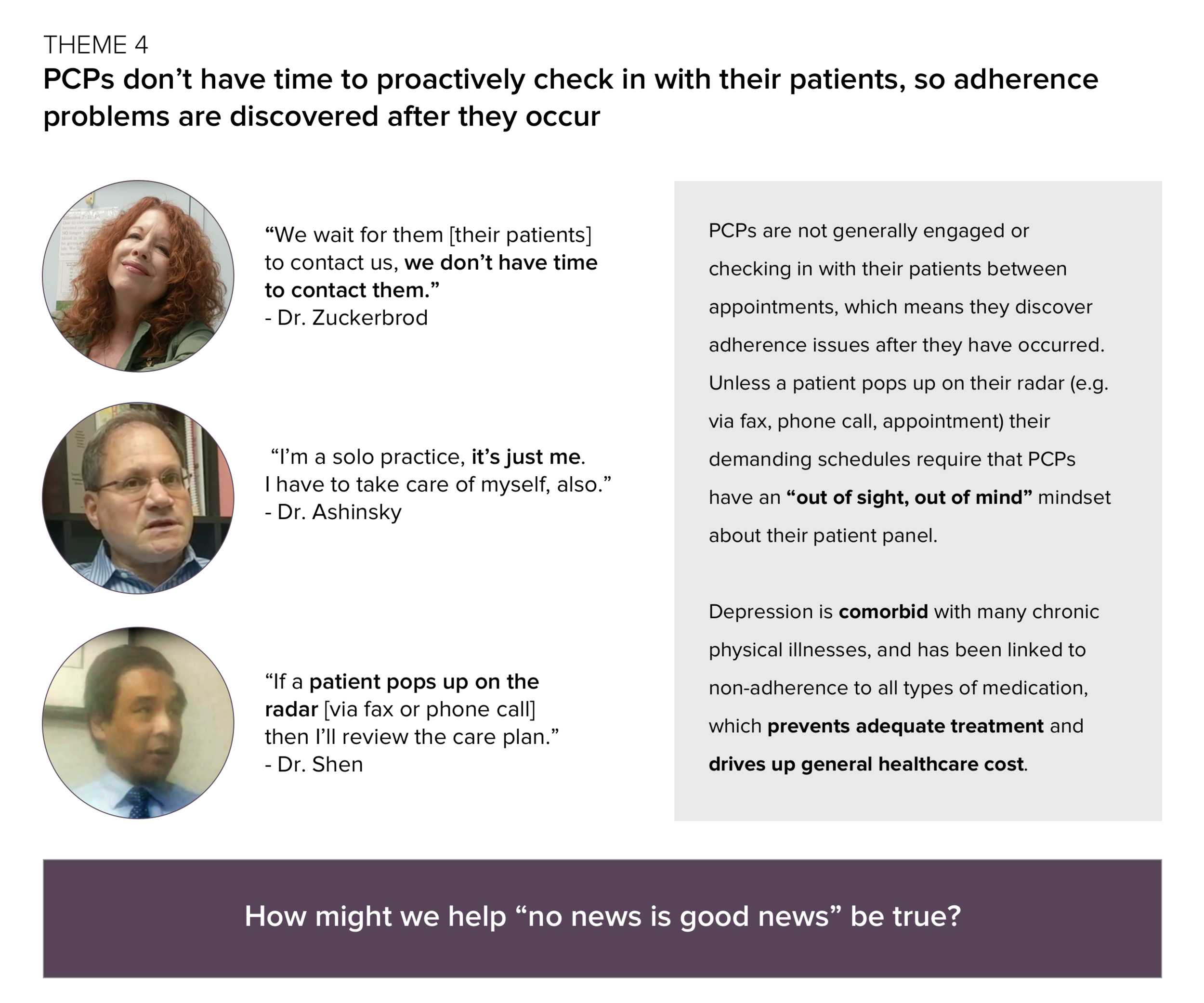
Ideation Workshop
To generate the best ideas possible in the organization and to garner support for the project, I held an ideation workshop with ~20 colleagues from across Quartet. After reviewing the broader research, the participants were divided into 4 groups, with each group assigned each a theme and "how might we" prompt to ideate on. I created worksheets for the groups to document their initial brainstorms, as well as separate worksheets to guide them through deep dives on a few of the group’s most highly voted proposals.
Concept Definition and Testing
We identified 2 ideas from the workshop that we thought had both potential to help patients and PCPs, were feasible, and dovetailed nicely into the current product offering. I led a small cross-functional team through further definition of the offerings and then illustrated both via storyboard.
We took the storyboards and presented them to 7 PCPs, gathering feedback on the overall concept, how they could or couldn’t see the service fitting into their practice, and on specific steps in the flow.
Service Blueprints
After iterating on the scenarios based on some of the feedback from the concept testing, I worked with members of the operations, marketing, product, and clinical teams to define the processes in more detail and documented them in a service blueprint.
UI Updates and Training Collateral
To support the pilots, modifications were made to the product to allow users to choose the new referral service and/or Quartet's traditional therapy referral service. We also created training collateral for PCPs and their patients.
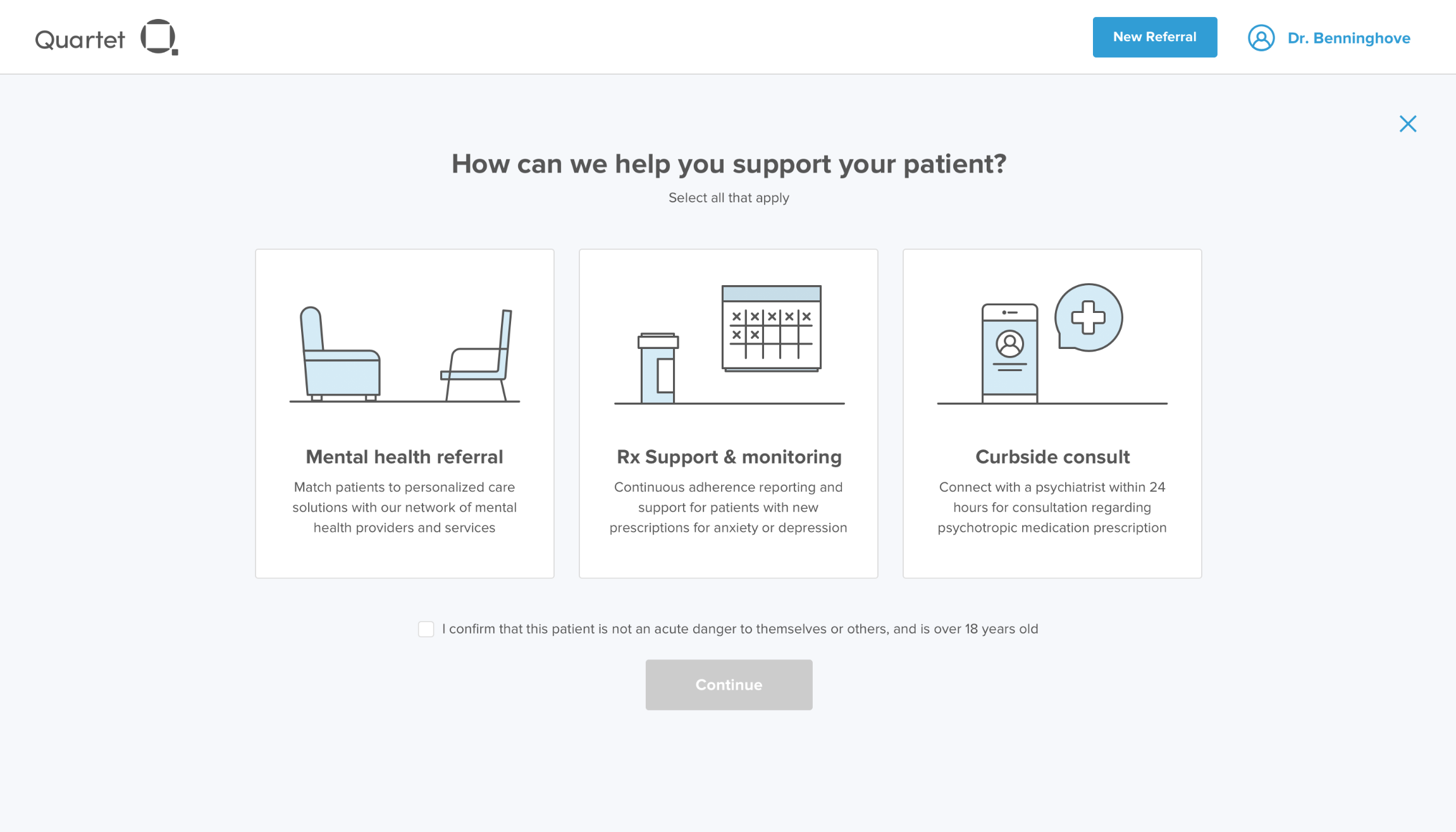
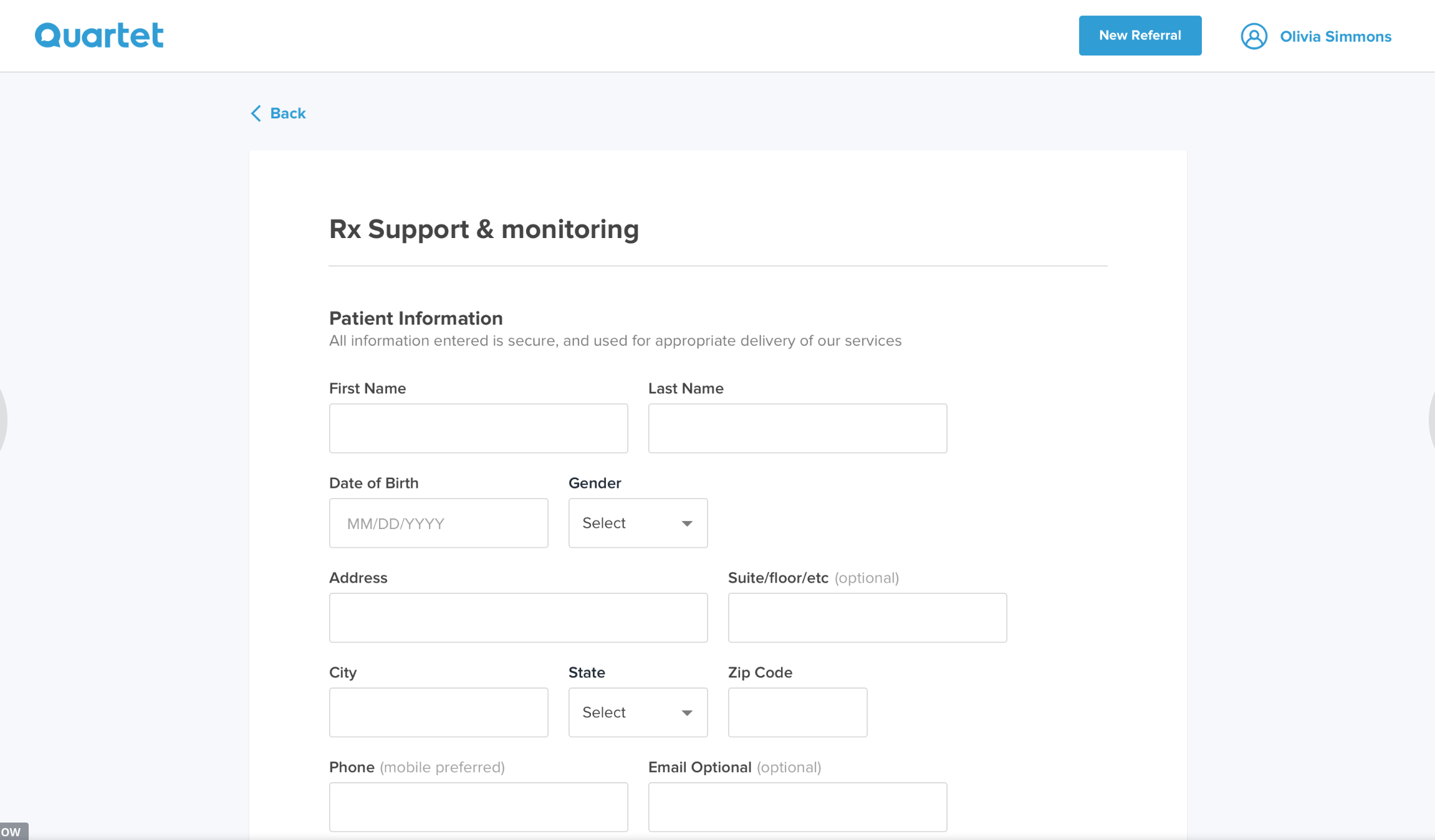
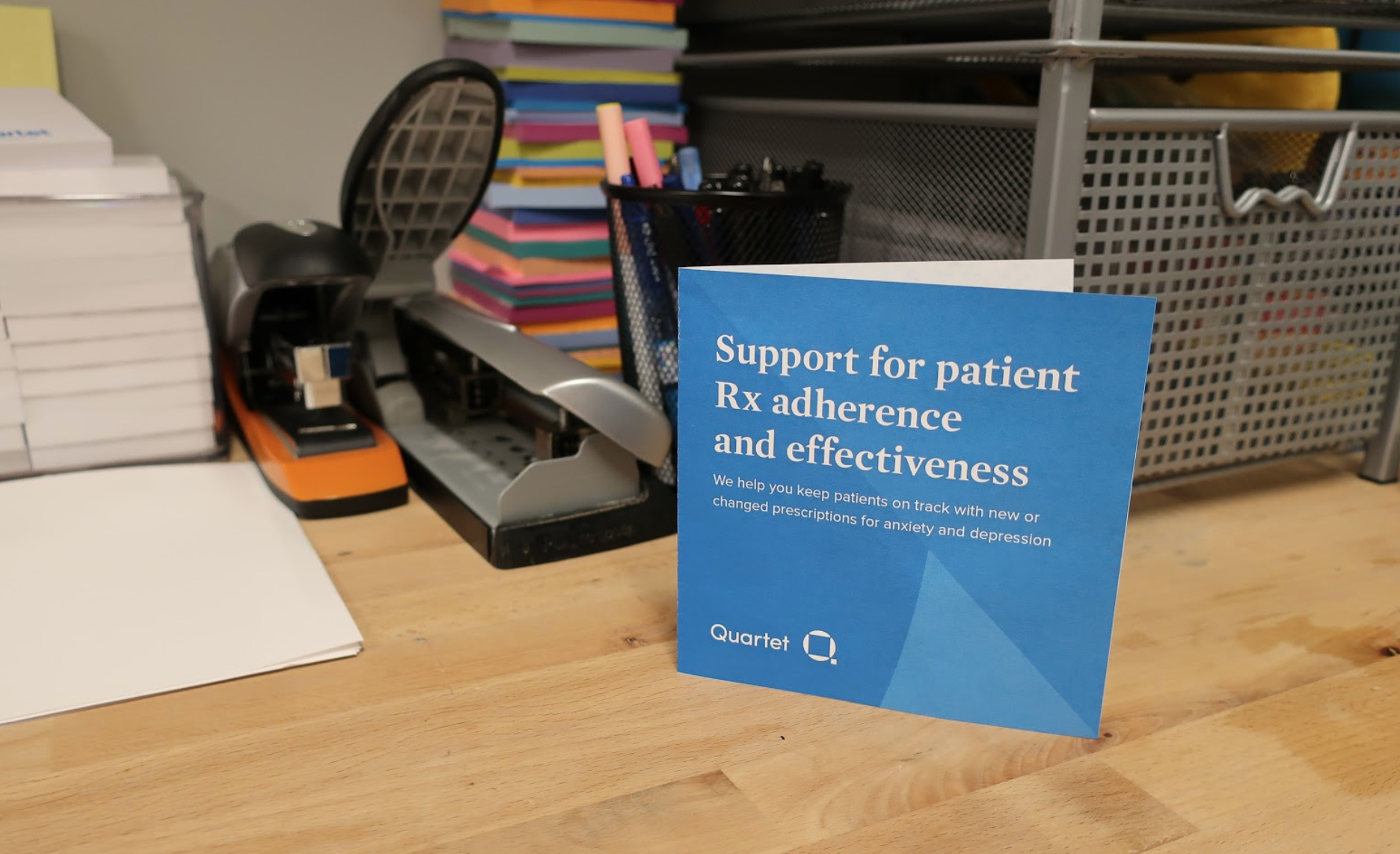
The medication monitoring pilot was live for roughly 3 months in two practices. 25 referrals were received, many of them overlapping with therapy referrals. The pilot was shelved due to clinical concerns around patients becoming overly reliant on the sometimes daily calls from Quartet’s care navigations team for a kind of pseudo-therapy. A tech-forward solution was not pursued due to shifting company priorities, but I believe the pilot demonstrated a patient-side need for additional support, particularly amongst the older populations who experience more isolation and loneliness than younger patients.

